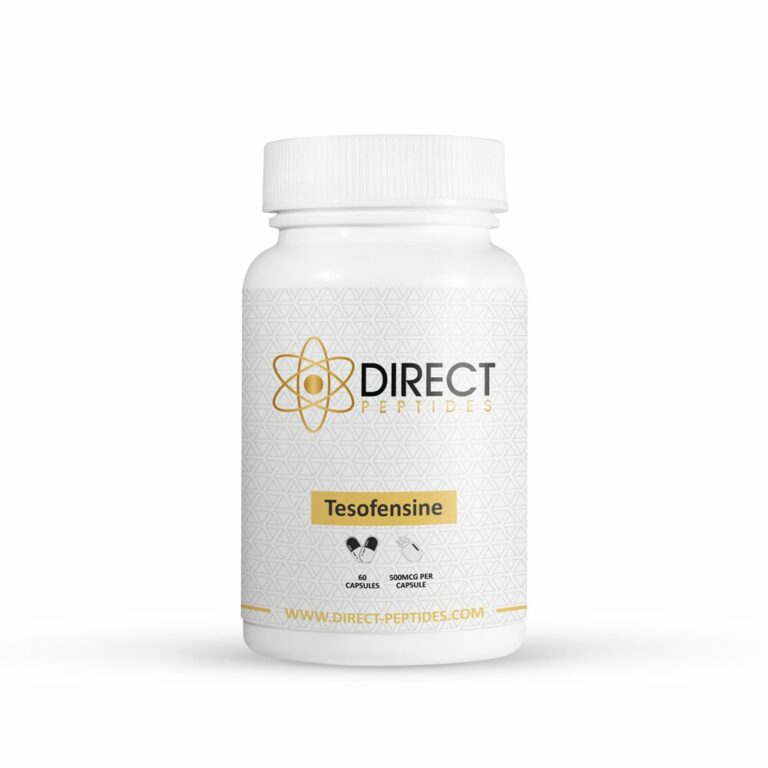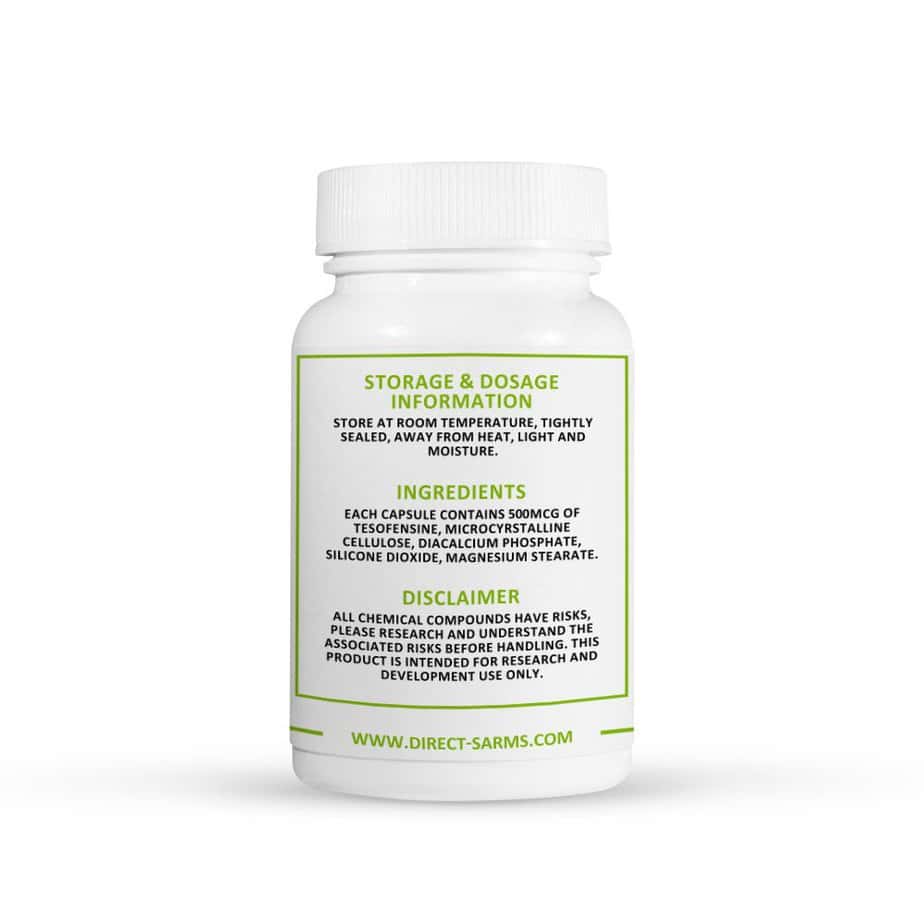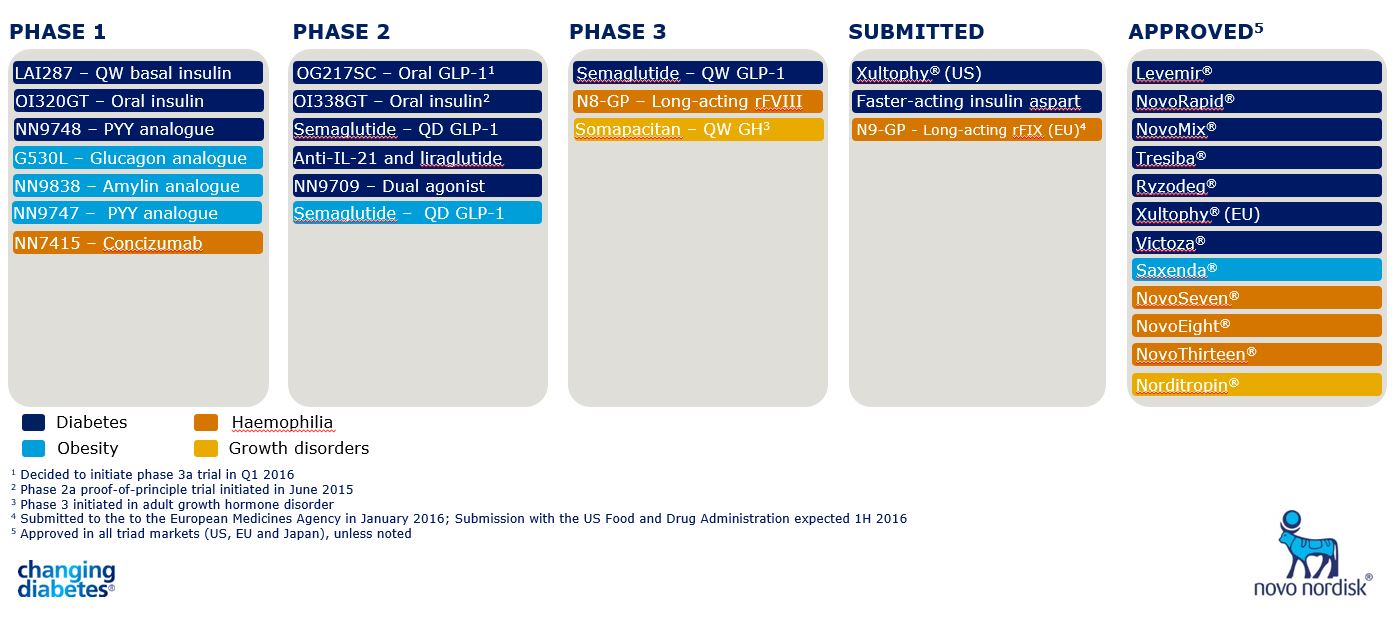
September 5, 2024
Persistent Therapy With Psilocybin Decreases Modifications In Body Weight In A Rodent Design Of Obesity
Tesofensine Anti-obesity Drug Plasma concentrations of tesofensine (NS 2330) are revealed as the mean concentration for each and every treatment team at the time factors indicated. It is thought that the body really feels less hungry when these natural chemicals (serotonin, dopamine, and noradrenaline) are avoided from reabsorbing by the central nerves. This work was sustained by Productos Medix 3247, Cátedra Marcos Moshinsky, fundación Miguel Aleman Valdes, CONACyT Fronteras de la Ciencia CF-2023-G-518 (R.G.). The sponsors play NO function in the study design, data collection and analysis, decision to release, or preparation of the manuscript.What are the threats of tesofensine?
Unfavorable events

- The statistical examinations utilized for the regression coefficient and for the contrast of tesofensine and sugar pill were 1-sided 2-sample tests at a 5% relevance degree.
- This can potentially cause a much more well balanced and worked with reaction to food signs, eventually helping in weight administration.
- As an outcome of its modulating effect on dopamine (also referred to as the "happy hormone") in a particular section of the brain, tesofensine appears to influence food consumption-induced enjoyment.
- Fat burners are typically designed to boost weight loss by enhancing metabolism, suppressing hunger, or promoting fat oxidation.
Anti-obesity Medication
Considered a breakthrough in obesity therapy, tesofensine reveals possible in combating this widespread epidemic. In this blog site, we will delve into the key attributes of tesofensine and discover its influence on weight loss. Slimming down is a common goal for several individuals striving for a healthier lifestyle. While typical weight management approaches such as dieting and workout have actually been the best technique, arising pharmaceutical alternatives like tesofensine are getting focus for their potential efficiency. In this post, we will contrast tesofensine with conventional weight-loss techniques to review their effectiveness and discover their one-of-a-kind features. It functions by speeding up the process of converting the calories you take in into energy for your body to make use of. A number of medical trials have been conducted to review the efficacy of tesofensine in weight management. Outcomes have shown significant decreases in body weight, body mass index (BMI), and midsection circumference amongst participants compared to a sugar pill team. Standard weight-loss approaches primarily depend on calorie constraint and enhanced exercise. While they can generate favorable outcomes, they usually require substantial way of living changes and lasting commitment. Tesofensine, on the other hand, functions as a hunger suppressant and enhances metabolic rate, leading to faster weight-loss. Additional dose-related negative results that were even more typical in PHN/TPM versus placebo consisted of dysgeusia, sleep problems, irritability, and alopecia [22] Sibutramine was taken out in 2010 after outcomes of the Sibutramine Cardiovascular Outcomes Trial (PRECURSOR) became available [18] The SCOUT test was a huge, placebo-controlled, multicenter test funded by the drug's supplier to establish whether the medication could lower cardio death in a high-risk sample. Unlike the research theory, people obtaining sibutramine had a dramatically higher rate of cardio events versus placebo with overall incidences of 11.4% versus 10%, respectively. Although the sibutramine plan labeling alerted versus treating patients at high heart risk, the FDA provided new cautions based upon these information, which ultimately caused the drug's withdrawal. The specific time of day to take a hunger suppressant can vary relying on the medication and the guidelines given by your healthcare professional. It is very important to very carefully check out and comply with the guidelines supplied with the medication. In some cases, appetite suppressants might be suggested to be taken in the early morning to assist manage appetite throughout the day. This timing can be useful as it allows the drug to work when you may need one of the most support in handling your cravings. Nonetheless, it is essential to seek advice from your health care specialist or pharmacist for customized guidance on the very best time to take your specific appetite suppressant.Common Concerns About Tesofensine Peptide
Tesofensine (NS2330) is a serotonin-- noradrenaline-- dopamine reuptake prevention or likewise referred to as a three-way reuptake prevention, which means that it hinders the reabsorption of the natural chemicals (mind chemicals) serotonin, norepinephrine, and dopamine. The therapeutic benefits of tesofensine are attributed to this result since each of these natural chemicals exerts an essential feature at various locations in the brain. Tesofensine peptide has been checked out in professional trials for its usage in clinical weight-loss. Amongst patients with high blood pressure, those on energetic PHN/TPM had a higher decrease in SBP versus placebo, and clients on PHN/TPM stopped much more antihypertensive medicines versus placebo. A difficulty in analysis of the comorbidity information from CONQUER is that clients' comorbidities were handled according to the "standards of care" and concomitant medicines could be readjusted accordingly. This makes it challenging to identify whether the PHN/TPM mix had an independent impact, or perhaps a weight-loss mediated effect, on comorbid conditions past the improved surveillance and administration that was given as component of the study. The longer-term SEQUEL research found ongoing decrease in numerous comorbid conditions. Shedding excess weight and adopting a healthier lifestyle can cause raised power degrees and improved total well-being. The quantity of weight and fat tissue that can be shed with tesofensine can differ amongst people, and it depends upon a number of variables including first body weight, total health and wellness, way of life practices, and adherence to a calorie-controlled diet and exercise regimen. A clinically relevant decrease (a decrease of ≥ 20 mm Hg, with a last value of ≤ 90 mm Hg) in the mean systolic blood pressure was taped in 6 of 205 clients (2.9%) in the tesofensine therapy groups however in no clients in the sugar pill team.Social Links
